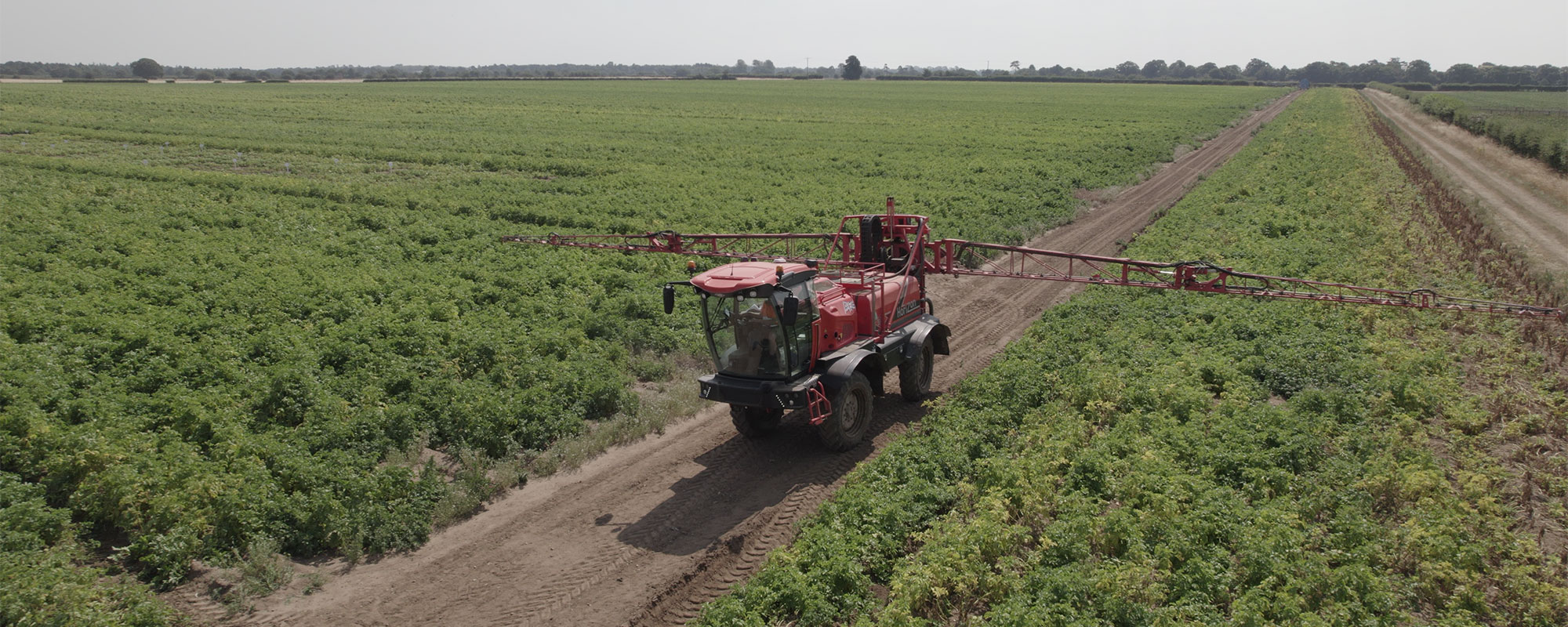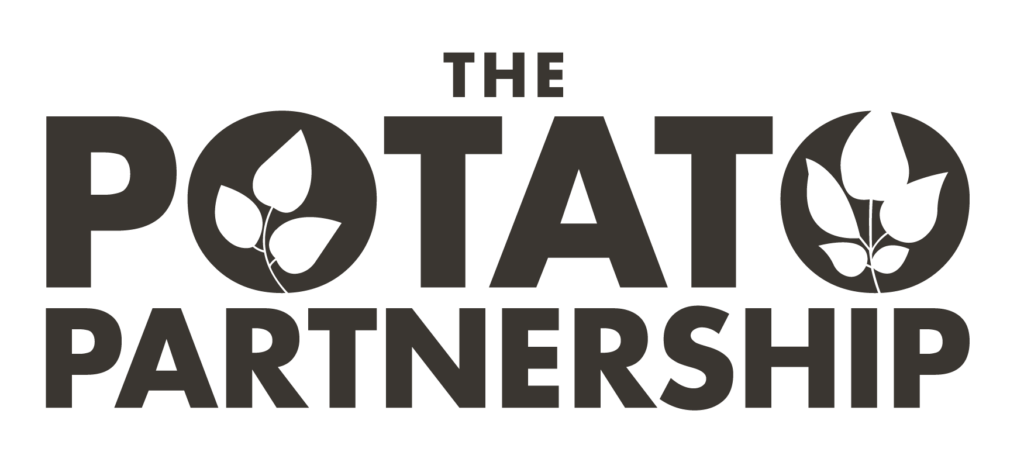
Don Pendergrast, Agrii technical manager for non-combinable crops, highlights the positive findings from the 2024 Potato Partnership trials.
The importance of plant health in promoting yield accumulation and novel methods of protecting crops from virus were areas of focus for the Potato Partnership in 2024.
Better nutrition has long been hailed as a means of improving plant health as have bio-stimulants, especially those that combine growth stimulants with micronutrients. The challenge has been to identify the best means of delivering these to support plant development.
To investigate both aspects, Innocul8, which contains a health-promoting peptide, manganese (Mn) and zinc (Zn) in combination with other micronutrients was applied with and without Crusade, a drift retardant, as a standalone application from full emergence and as part of a blight programme.
Earlier trials have indicated that more targeted use of zinc in combination with other micro-nutrients is beneficial to both yield accumulation through reduced abiotic stress and improved crop health. This was our observation. As a standalone treatment every 10 days post full emergence, Innocul8 slowed the onset of late blight up until mid-season. Although not sufficient to be considered comparable with the standard programme, it is a partial validation of the hypothesis that reduced abiotic stress can help support resistance.
Applying three applications of Innocul8 on a 10-day cycle ahead of the standard programme proved far more worthwhile. This resulted in the lowest overall blight incidence of any programme in trial and the highest marketable yield fraction too. At 70.22 t/ha, the marketable yield was ahead of the 67.92 t/ ha delivered by the standard programme.
Similarly, the standard programme, plus four applications of Zynergy, a liquid complex of copper (Cu) and zinc (Zn) applied during stable canopy, also performed strongly. At 69.99 t/ ha the marketable yield fraction was close to that achieved in the Innocul8 programme and ahead of the standard programme.
Although both results were within the least significant difference the results are positive. We can build on these. There is a multitude of research to show that disease thrives in situations where the crop is under stress. Making the most of biostimulants and targeted nutrition products to reduce abiotic stress has the potential to contribute to support performance while the adoption of varieties known to have strong resistance has an equally valid role.
Aphids and virus
In 2023, TPP virus trials found that the use of companion crops and straw mulches are useful measures in protecting potato crops, especially against PVY and its variants. Similarly, mineral oil applied at seven-day intervals proved to be effective in slowing the spread of PVY and similar in performance to that of an oat companion crop.
The 2024 trials sought to build on these results while adding credence to the observation that aphid invasions were disrupted by the colour of the soil.
A low virus season, perhaps because of the emergency authorisation granted to British Sugar that permitted the application of a neonicotinoid seed treatment to sugar beet seed, meant there was little statistical differences across treatments.
Although no significant differences were observed, the trial indicated, in a repeat of 2023, that mineral oil treatments resulted in the lowest incidence of PVY transmission.
The use of insecticides able to target aphids or nymphs on the underside of leaves, i.e. those with translaminar activity, delivered a smaller reduction in PVY transmission rates. This was improved on when a mineral oil was added to the spray mix.
In contrast to 2023, neither companion crops nor soil dyes had a meaningful effect on virus transmission rates

The Potato Partnership is a collaborative project that has grown from the five founding partners to 18 organisations and institutions. In the three years since its inception, the partners have invested roughly £300,000 in a network of trials and events to share the findings with interested parties. The work continues with more trials – and investment – planned for 2025.
Visit the dedicated TPP website at thepotatopartnership.co.uk to read more about the collaboration and how you can become involved. Sign up and become a member to view trial summary documents and be among the first to hear about any upcoming events.


